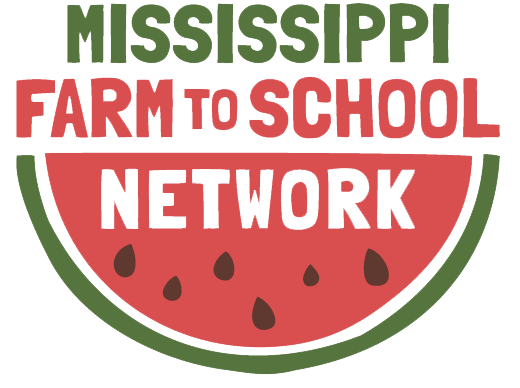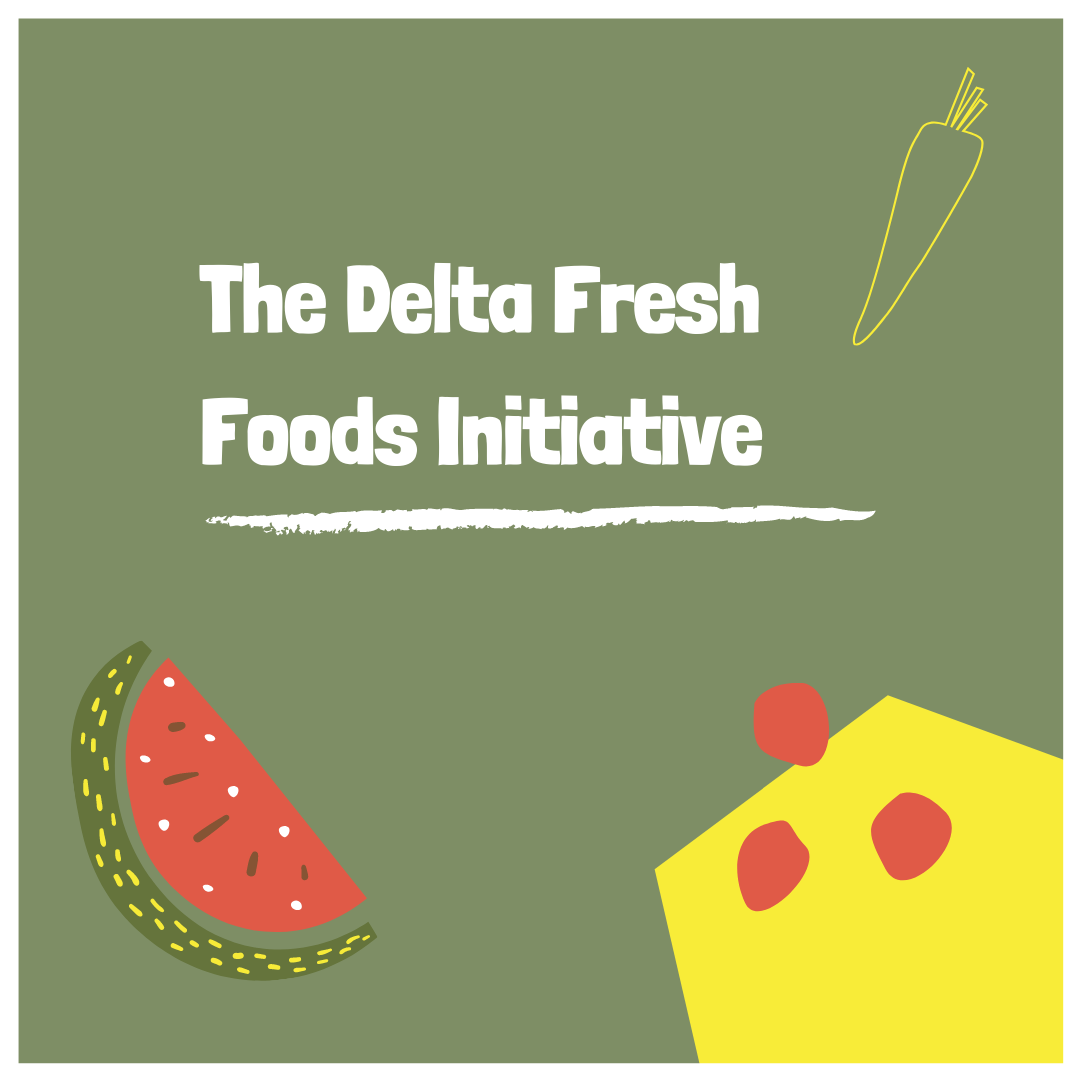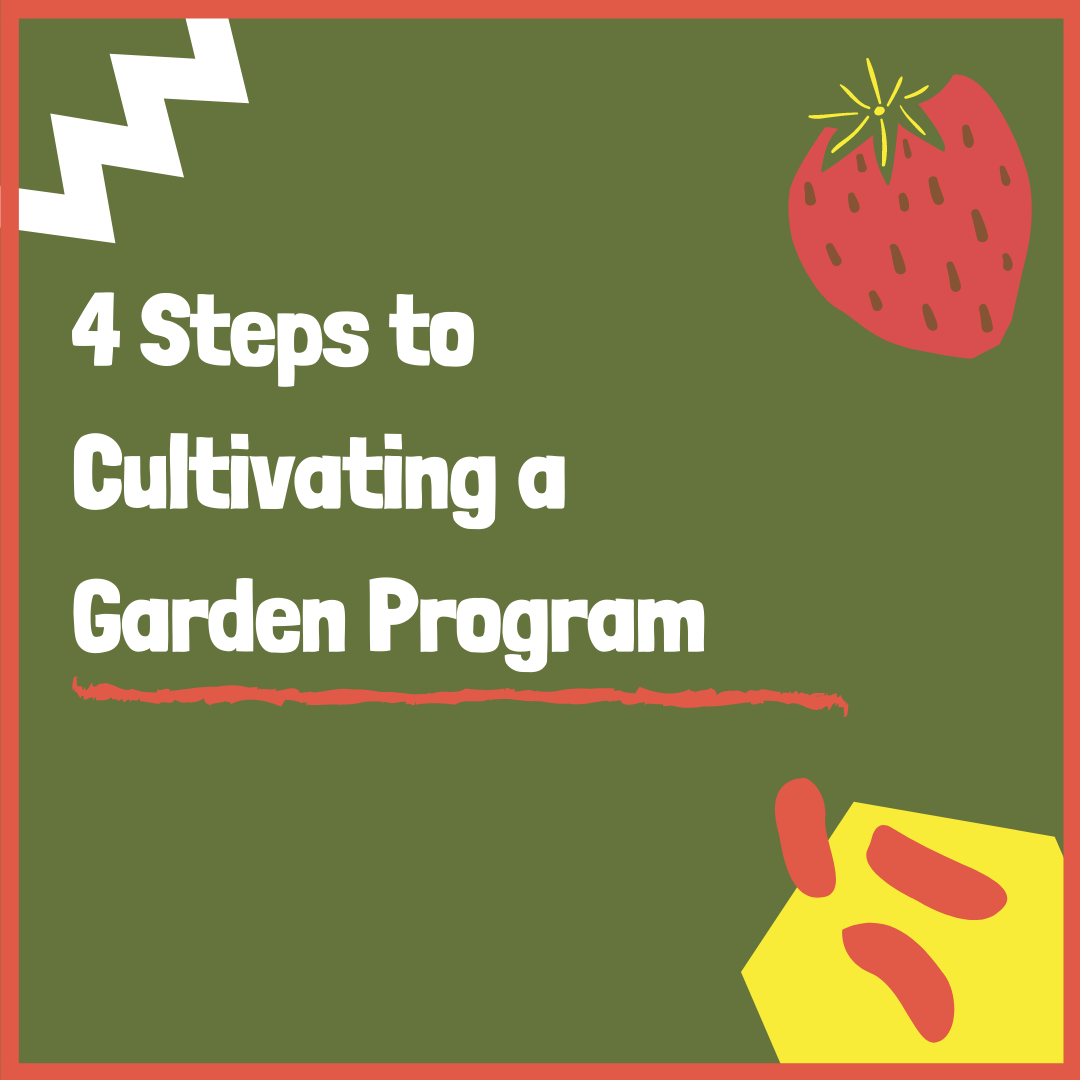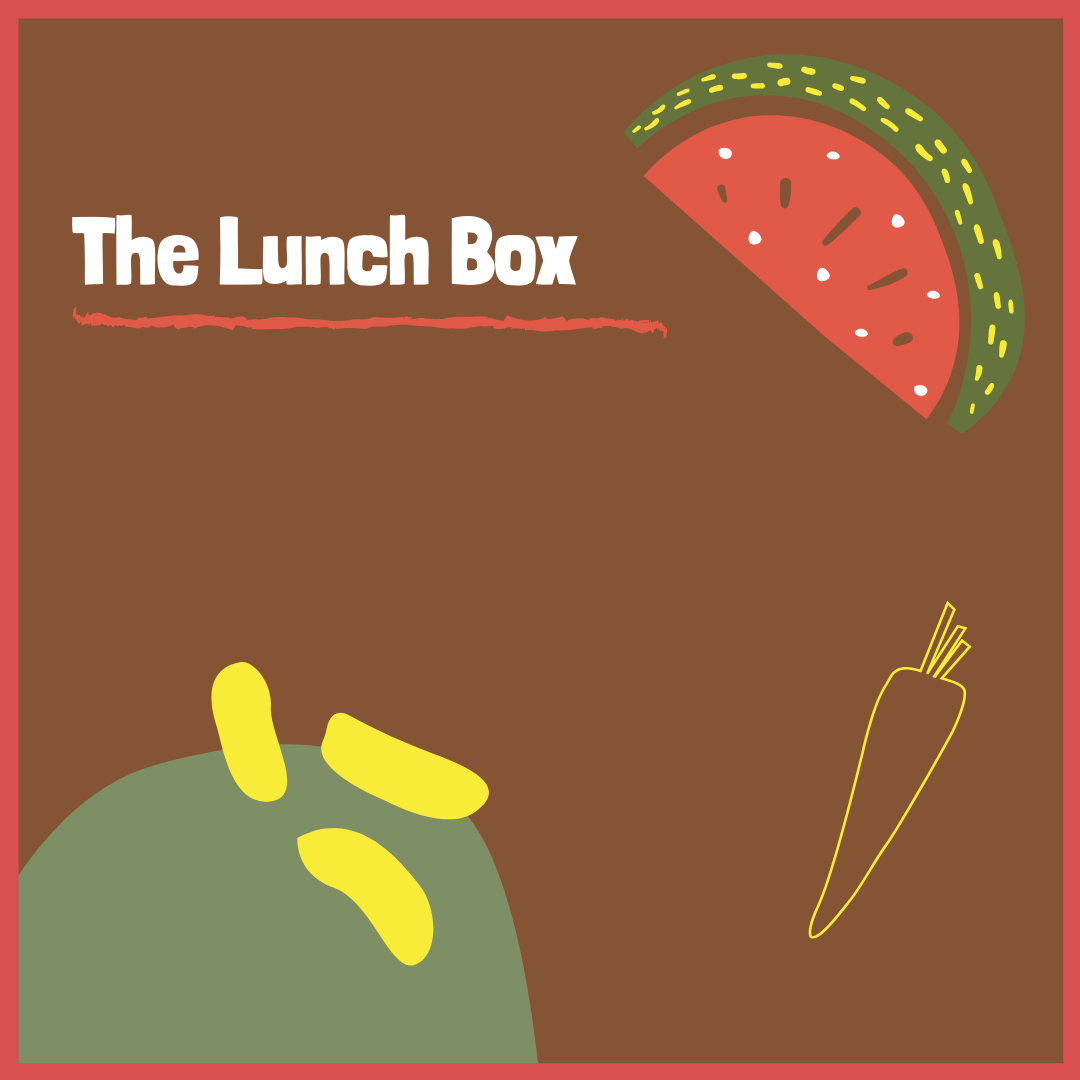
For Schools
Mississippi schools can bring farm to school into their programs by buying locally-grown food …
Purchasing farm-fresh Mississippi foods supports Mississippi farmers and our local economies. Local foods are fresher and more nutrient-dense than products coming from outside the state and help to nourish our students.
… and planting school gardens.
A student will eat anything that they help grow! There is no better way to increase health and wellness for students than with school gardens. Gardens have proven to help lower school absences and increase test results. Many Mississippi schools are growing food on school grounds with the help of students.
Check out the resources below for more information on how to incorporate farm to school into your school foodservice. Be sure to sign up to receive our newsletter, and join in on our monthly phone calls and regional meetings to learn more.
When to Contact Farmers
The Farm to School Calendar showcases the yearly timeline in which it takes to grow the food and how it ends up on the table in schools. This resource provides information on the best time of year to connect with a school or a farmer.


Cultivating a School Garden
Follow these four steps to get your school garden growing and see healthy habits take root in your students’ lives.
How to Talk to a Farmer
Have your found a farm or two to potentially partner with but not sure where to go from there? This resource will help you identify the factors you should be considering and questions you should be asking.

School gardening and curriculum.
Cafeterias and buying local foods.
Resources for Schools
Integrating organic practices into Farm to School initiatives benefits both farmers and students. Download the guide to learn more about organic growing practices in farm to school.
What is farm to early care and education and why should your childcare program participate? What are the benefits and what will it take to get your program going? View this infographic for more information.
A school garden can have many benefits on the students. The children can learn the importance of eating healthy food as well as supporting local growers. This resource provides a 4 step process to beginning a school garden program.
A successful garden takes careful planning, good management skills and collaboration.
Farm-to-preschool programs take many forms. These tips from Ecotrust will help get you started.
The Lunch Box provides school district administrators, food service directors, and their teams with the tools and resources they need to serve healthy, nutritious, and delicious food to every student, every day.
This fact sheet explains the use of geographic preference when deciding which farm to select for purchasing locally grown food.
The Department of Defense Fresh Fruit and Vegetable Program (DoD Fresh) allows schools to use their USDA Foods entitlement dollars to buy fresh produce. Read the article to learn more about how this could impact your school
This resource takes an in-depth look at what makes food truly "local" and how providing healthy, locally grown food is sometimes more than just fruits and veggies.
Farmer Request for Information (RFI) forms are a great way for schools to catalogue the local foods available to your school district. Not sure where to start? This guide will walk you through the process.
This map from Mississippi State University will help you figure out when to plant or harvest crops in your area.
A look at how Boulder Valley School District (BVSD) Food Services made the most out of their U.S. Department of Agriculture farm-to-school grant by focusing on education and marketing.
A report from the Mississippi Farm to School Interagency Council on the progress of the council through December 2014.
Tupelo Public School District’s "Growing Healthy Waves" program worked with FoodCorps to educate students about food and nutrition using farm-to-school principles.
FoodCorps — a nationwide team of AmeriCorps leaders — connects kids to real food and help them grow up healthy.
This step-by-step purchasing guide aims to help school foodservice directors in Mississippi start to purchase locally grown foods to be served in school meals.
Good Food for Oxford Schools (GFOS) is an initiative of the Oxford School District in Oxford, Miss., aimed at improving cafeteria menus and simultaneously educating students and their families.
The Partnership for a Healthy Mississippi is has been working with farm-to-school initiatives for years to assist local farmers with the processes of selling fresh, nutritious, local foods to schools and school districts.
Life Lab cultivates children's love of learning, healthy food and nature through garden-based education. It is a great resource to find a school garden curriculum.
The Farm-to-School Calendar showcases the yearly timeline in which it takes to grow the food and how it ends up on the table in schools. This resource provides information on the best time of year to connect with a school or a farmer.
Visit the Mississippi State Department of Health website for resources on buying and selling local food to early childcare education programs.
This program was introduced to encourage the serving of locally-grown and locally-produced agricultural products in school meals and to recognize the substantial economic and health benefits of serving locally-grown foods.
The National Farm to School Network brings local food sourcing education into schools.
Essentially, this relationship is all about communication. Anything you feel important for the farmer to know about your school/district, or that you want to know about the farmer/farm, just ask!
The mission of the Edible Schoolyard Project is to build and share a national edible education curriculum for pre-kindergarten through high school.
This checklist will help to facilitate communication between farmers and potential buyers.
This curriculum from Delta Fresh Foods is tailored to the Mississippi College Readiness Standards for 5th grade math.
Go NAPSACC works with child care providers to improve the health of young children through practices, policies and environments that instill habits supporting lifelong health and well-being.
































